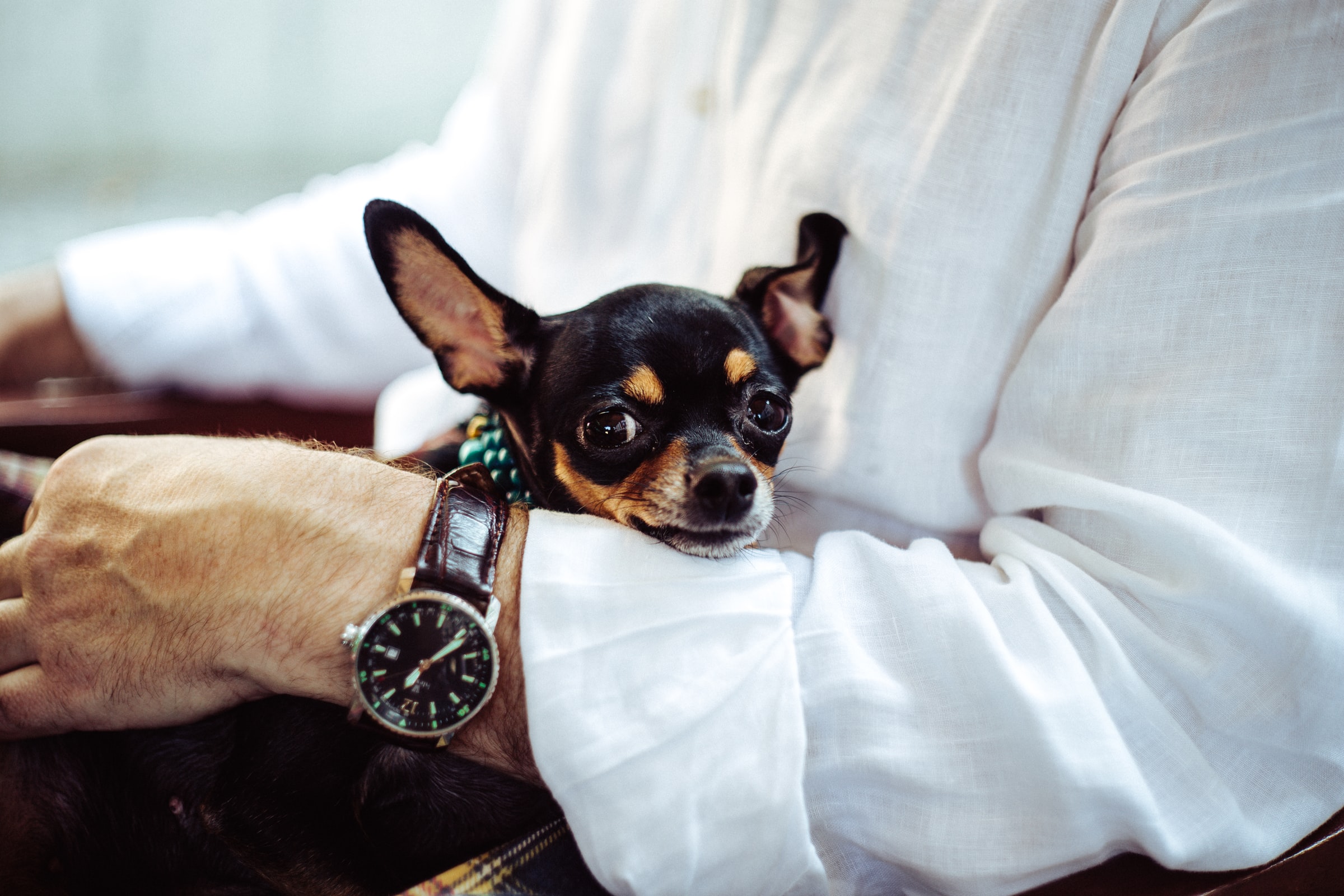
Chihuahuas are perfect for anyone that lives in a city. Dogs are known to be men’s best friends, and as someone who grew up with upwards of 5 dogs at all times, I love dogs. But living in a Manhattan condo means that I can’t have a big dog; this is why I transitioned to having smaller dogs.
Chihuahuas are the perfect pet if you love a pet that you can take anywhere and if you live in a small place. They are very friendly and social pets, and they love to cuddle. So, without further ado, let’s dive into this blog and learn more about how to take care of a chihuahua.
1. History of the Chihuahua

For as long as humans can remember, it is said to have originated from the breed called the Techichi that lived in the region called Chihuahua, Mexico, from which the name was borrowed. The breed would have served as a sacrifice for the deceased humans to guide the dead to a better world.
This is the smallest dog breed globally and one of the oldest. The long-haired variety was created in the United States and is a cross between a Chihuahua, a Pomeranian, and a Papillon. All colors are accepted except the Merle, which since 2010 is no longer registrable at the Canadian Kennel Club because of its health problems.
2. A small dog with a big character
Despite its small size, the Chihuahua has a hotheaded side and does not hesitate to attack dogs much larger than him. Size is in mind! It is thus preferable not to consider it as a small, fragile and sensitive dog at the risk of offending it.
However, they remain adorable daily companions and have a fusional relationship with their masters. Cuddly and affectionate, their attachment can sometimes become problematic or even unhealthy. Indeed, it is important to keep in mind that they should not be treated like children at the risk of developing several behavioral problems.
3. Select your dog’s food with care

Because of its small size, the Chihuahua has a particularly sensitive digestive system. That’s why we recommend choosing quality kibble to ensure a healthy, balanced diet. It’s best to give your Chihuahua a diet rich in nutrients and protein.
We strongly advise against feeding your dog a diet high in salt, which can lead to kidney and heart problems. If in doubt about food choice, do not hesitate to ask your veterinarian for advice. They will be able to advise you on the right food for your Chihuahua and on which brands of kibble to choose.
For his well-being, pay attention to the frequency of meals and the amount of food your Chihuahua eats. You should never give him too much to eat. On the other hand, avoid feeding your little friend every day at the same time. On the contrary, vary the feeding time as much as possible, so they don’t get too used to it and don’t become too demanding.
4. Adopt regular and quality hygiene for your Chihuahua
Hygiene is of the utmost importance when it comes to your Chihuahua. So take the time to brush your Chihuahua’s hair regularly. One brushing a week is usually enough. However, if your pet has long hair, you’ll need to do it more often. You can find all the necessary grooming supplies at an online pet supply store.
Like all dogs, Chihuahuas can be bathed a few times a year. If you are brushing your Chihuahua’s hair regularly, bathing can be done only once a month. Also, always use dog shampoos and warm water. When he’s done grooming, use a towel to dry him quickly. He should not be exposed to the cold.
Your Chihuahua’s eyes need to be cleaned, especially if there is any discharge. Dedicated products are available in pet stores. Also, make it a habit to clean your dog’s ears, especially the visible parts. Use a cotton ball to do this. Finally, brush your dog’s teeth and trim his nails. If you don’t know how to do this, visit a veterinarian or a groomer.
5. Make preventive visits to the vet to care for your dog

A Chihuahua can quickly suffer from parasite pain and even lose its life. That’s why we strongly recommend that you take your dog to the vet regularly so that he can receive preventive treatment. The frequency of visits to the vet depends on the age and health of your small dog.
Generally, the problem is solved by administering a deworming treatment. Since the treatments for Chihuahuas differ depending on the diseases they contract, you should prioritize a visit to the vet. Treatment for tapeworms will not protect him from tapeworms.
Regardless of his age, have your Chihuahua vaccinated against canine respiratory syndrome or adenovirus type 2. Parvovirus and rabies vaccinations are also recommended. Vaccinations against leptospirosis and Lyme disease are optional but should not be neglected.
Sound off in the comments section below and tell us what you want to read next and if you want to read more about how to take care of a Chihuahua.





